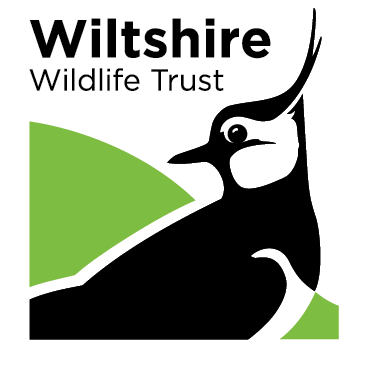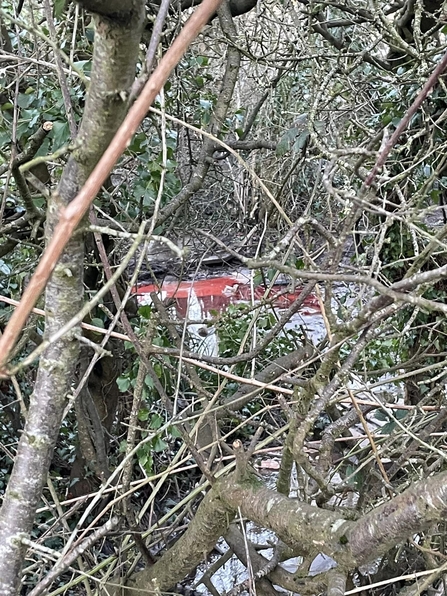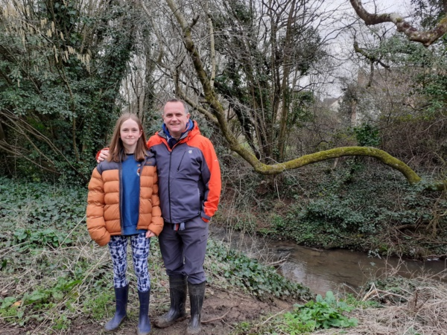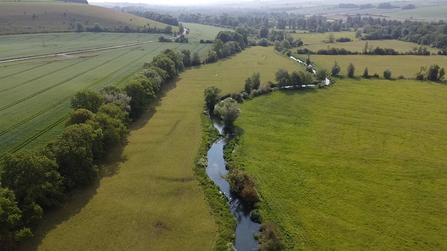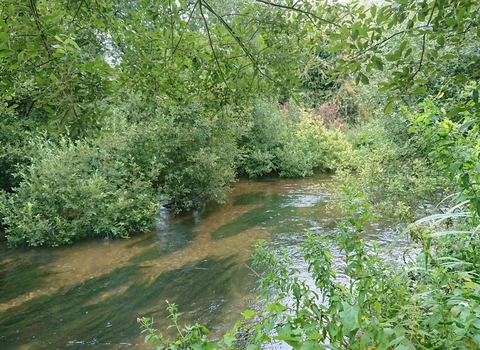Following this week’s report on the State of Our Rivers, only 15% of waters in England are in good ecological health and none meet chemical standards. Toxic chemical cocktails were found in over 1,600 UK river and groundwater sites last year, with the River Thames and River Avon containing some of the highest concentrations of chemicals.
This was all too familiar in Salisbury last weekend, where chemical pollution in the River Avon has led to strong declines in freshwater invertebrates, despite the Environment Agency stating “the Avon has not deteriorated in water quality in the last five years”. Declines in freshwater invertebrates due to pressure from chemicals has only been recorded thanks to the efforts of local citizen scientists, who are showing that current legislations are not protecting Wiltshire’s rivers and chalk streams as they should be.
Just a few weeks ago, a chemical incident occurred on the River Avon, where 1,000 litres of heating oil spilled into the water near Pewsey. And in Chippenham last weekend, a red diesel spill was spotted in a popular dog walking area.
